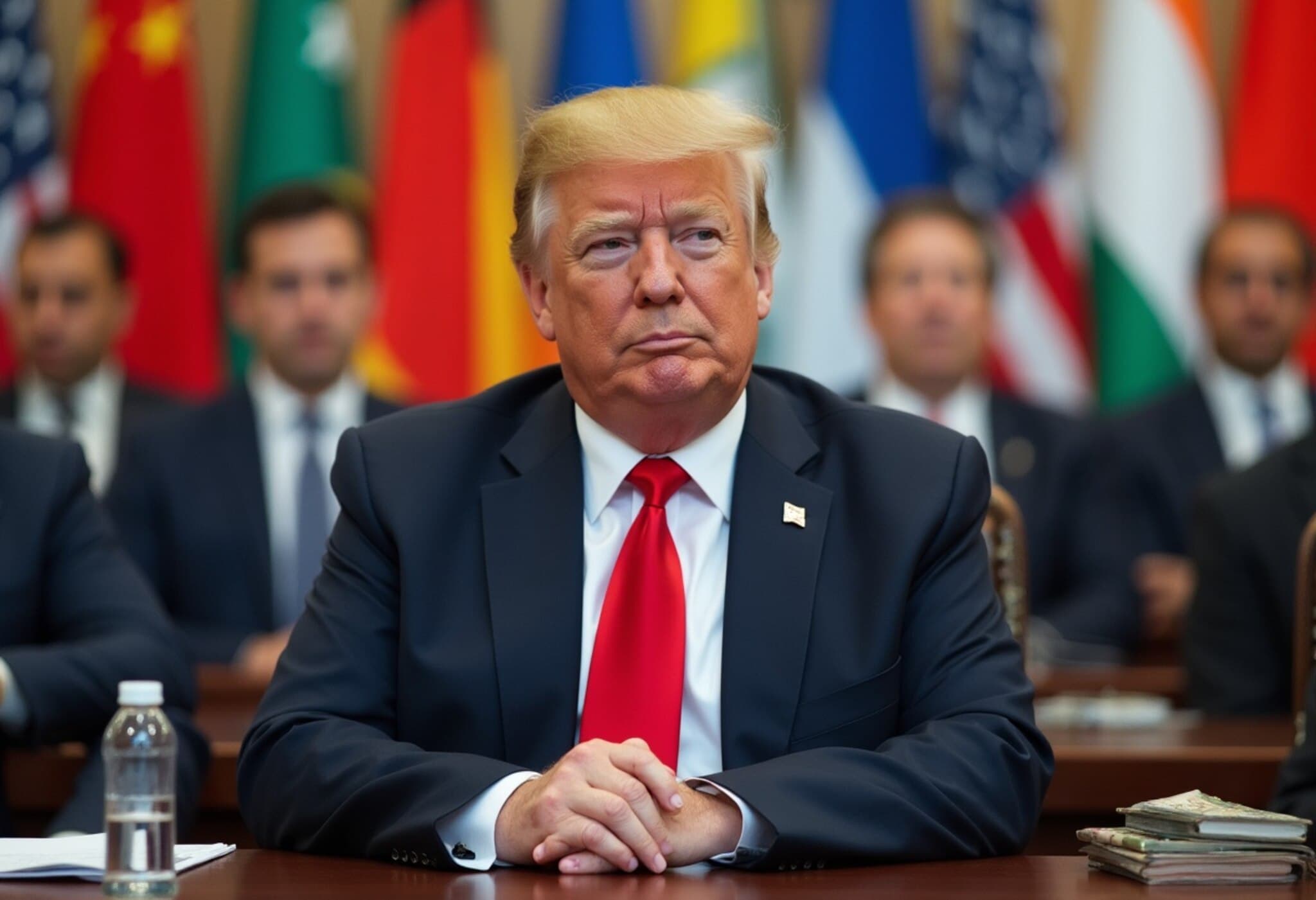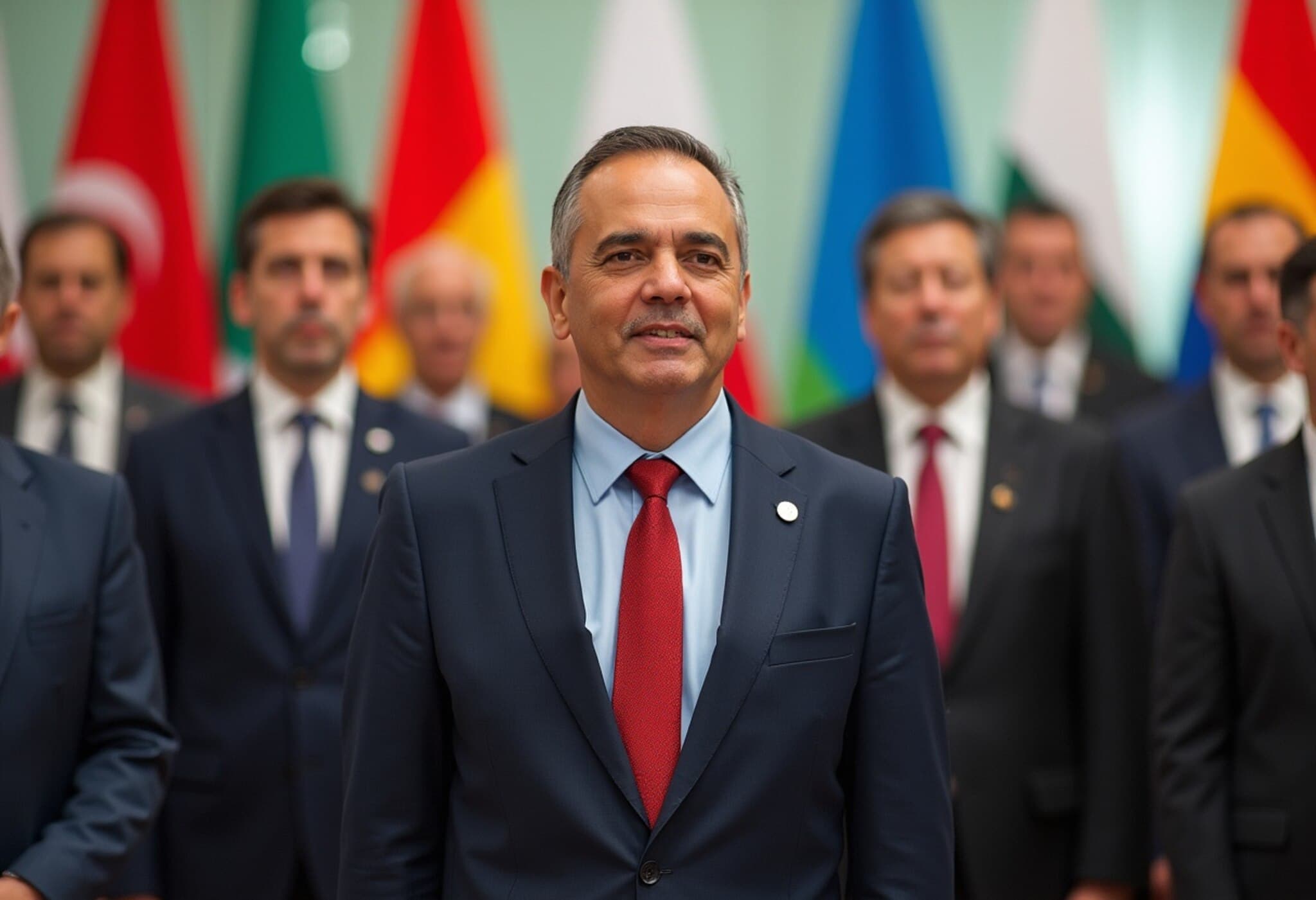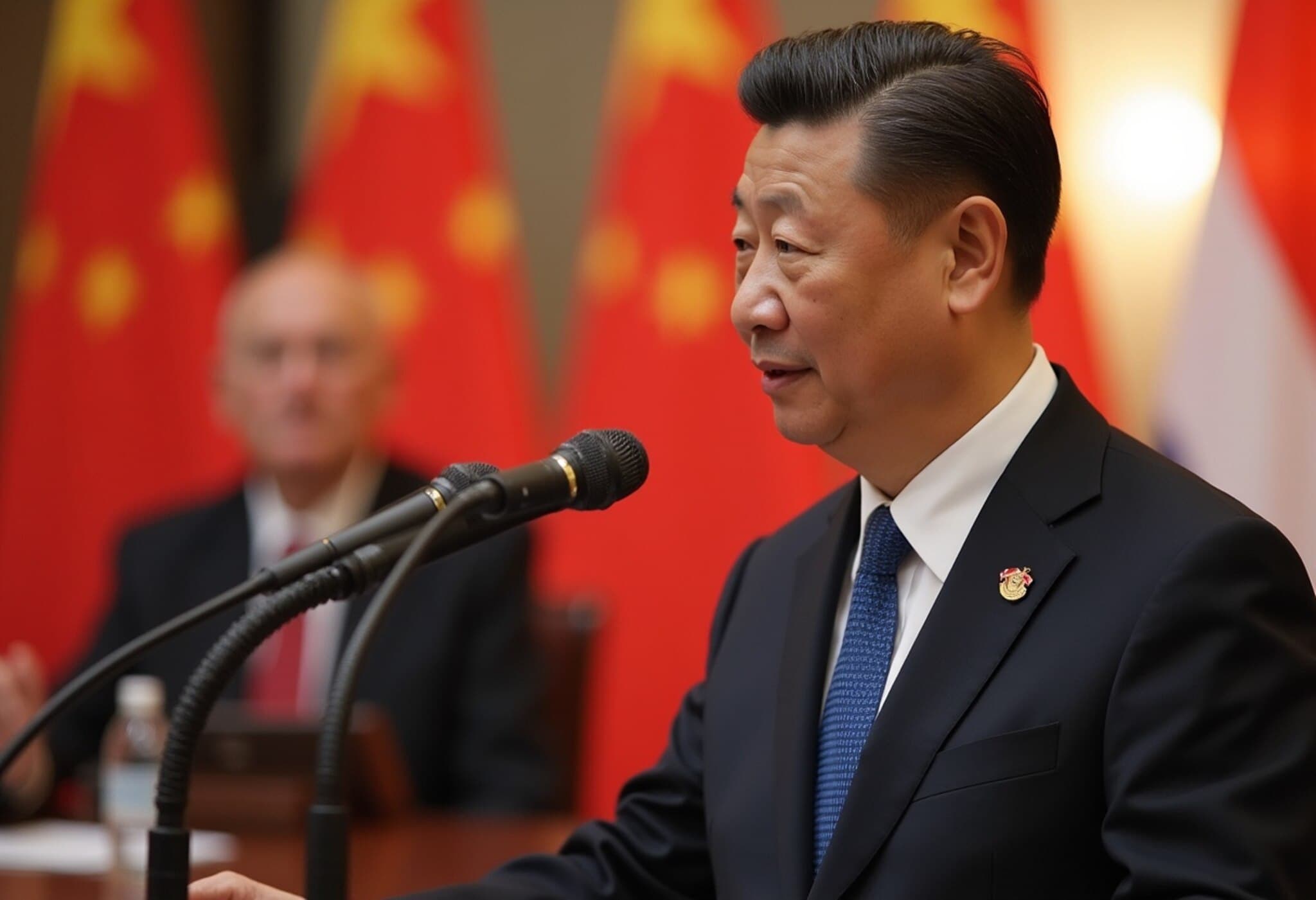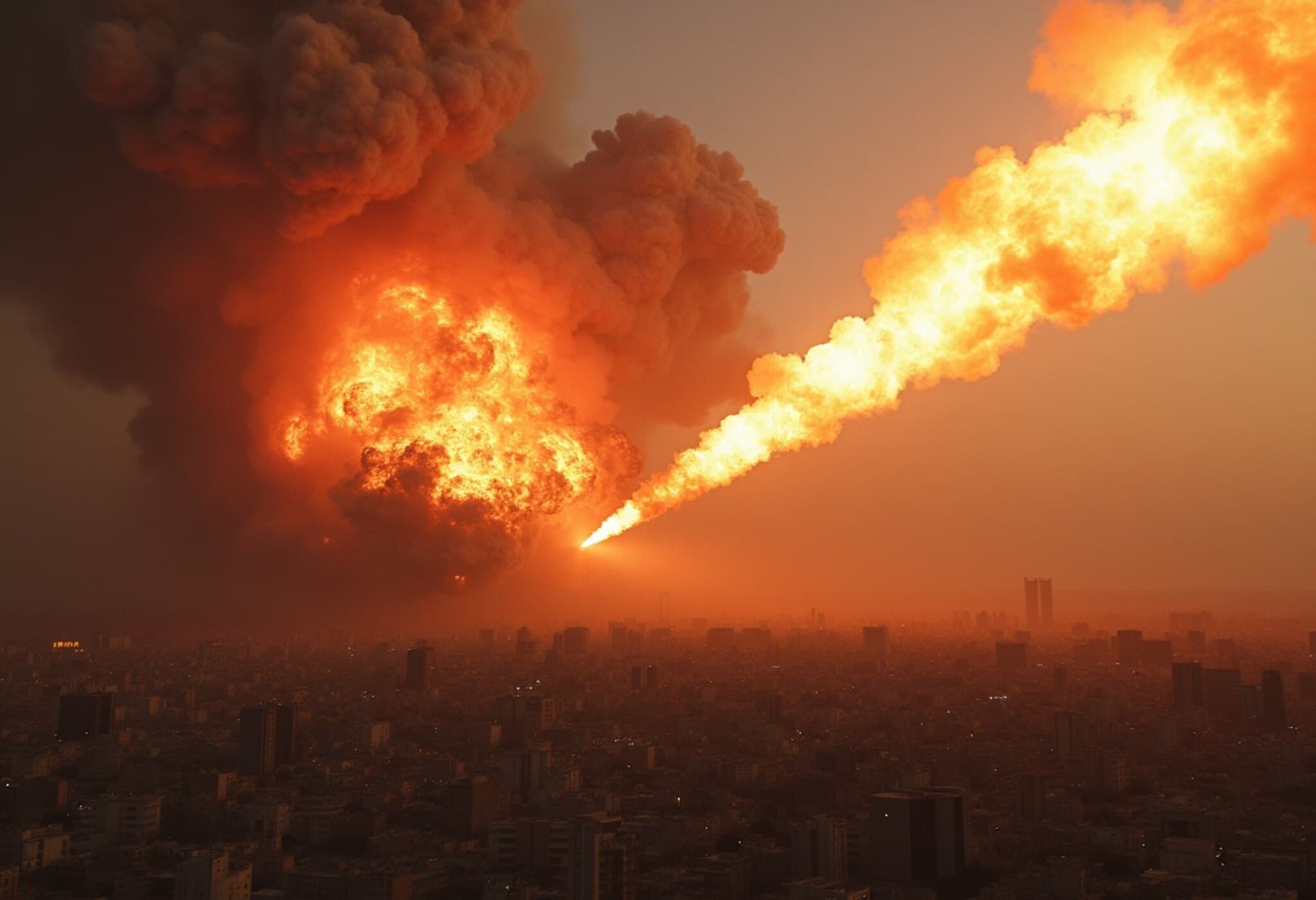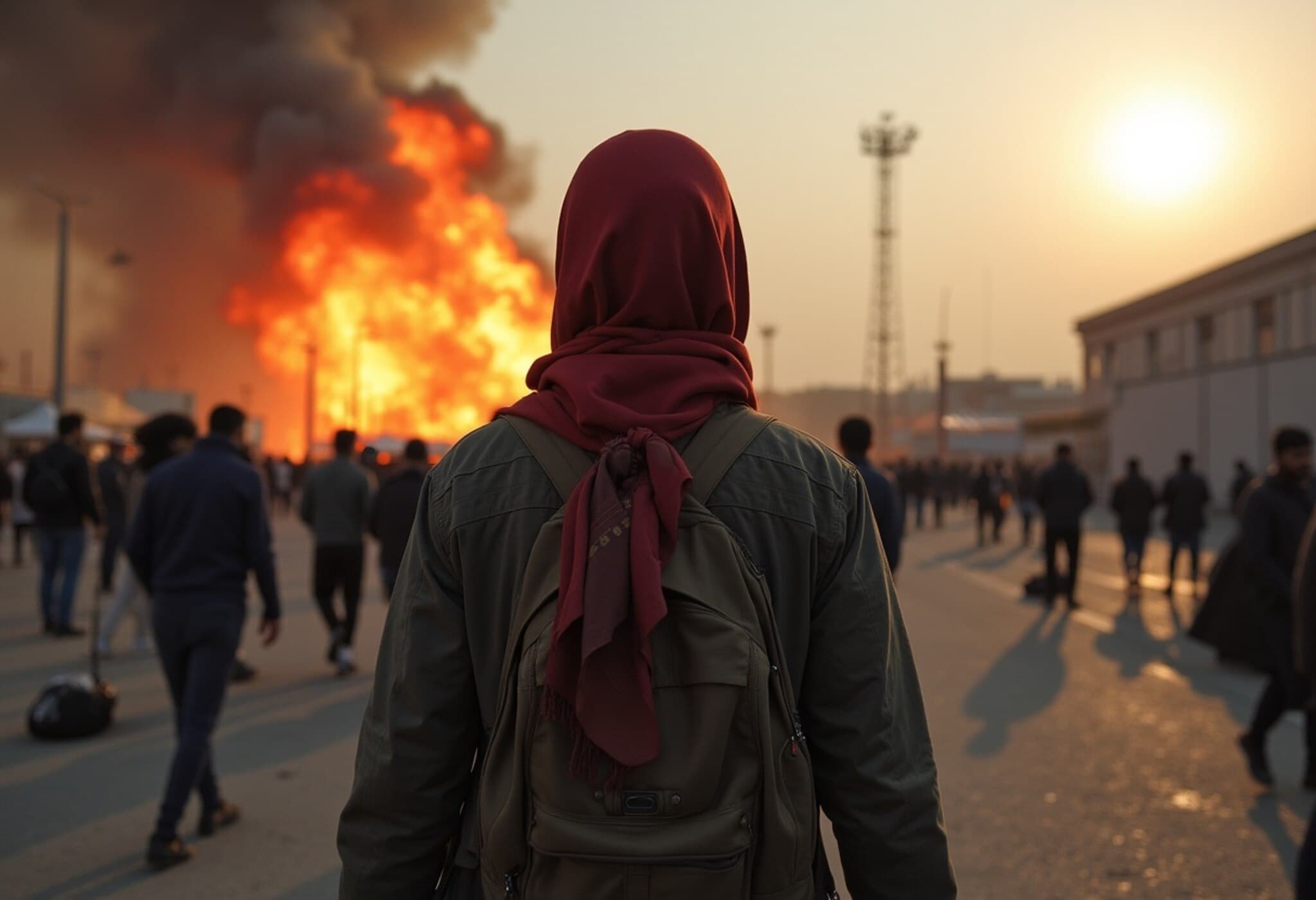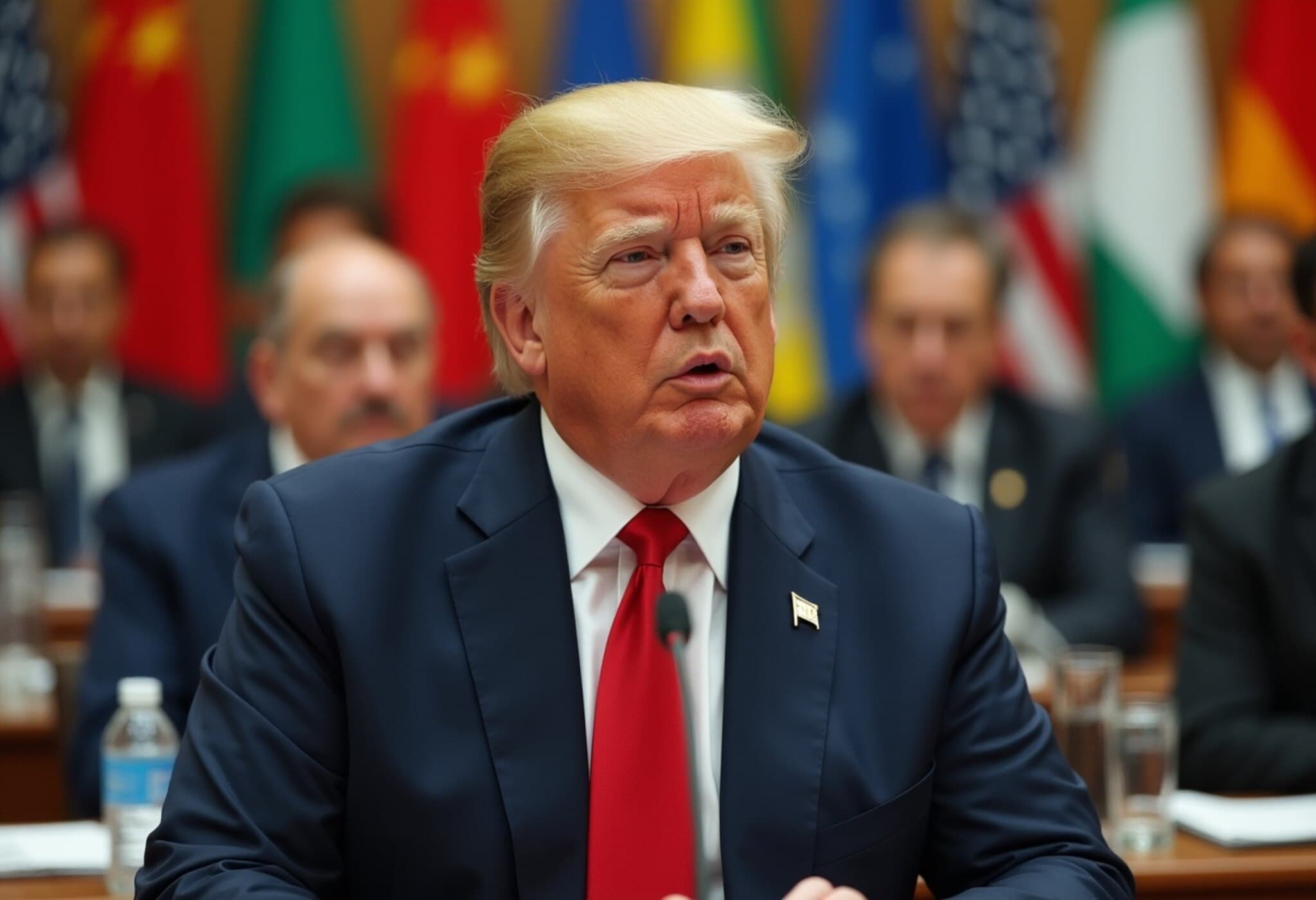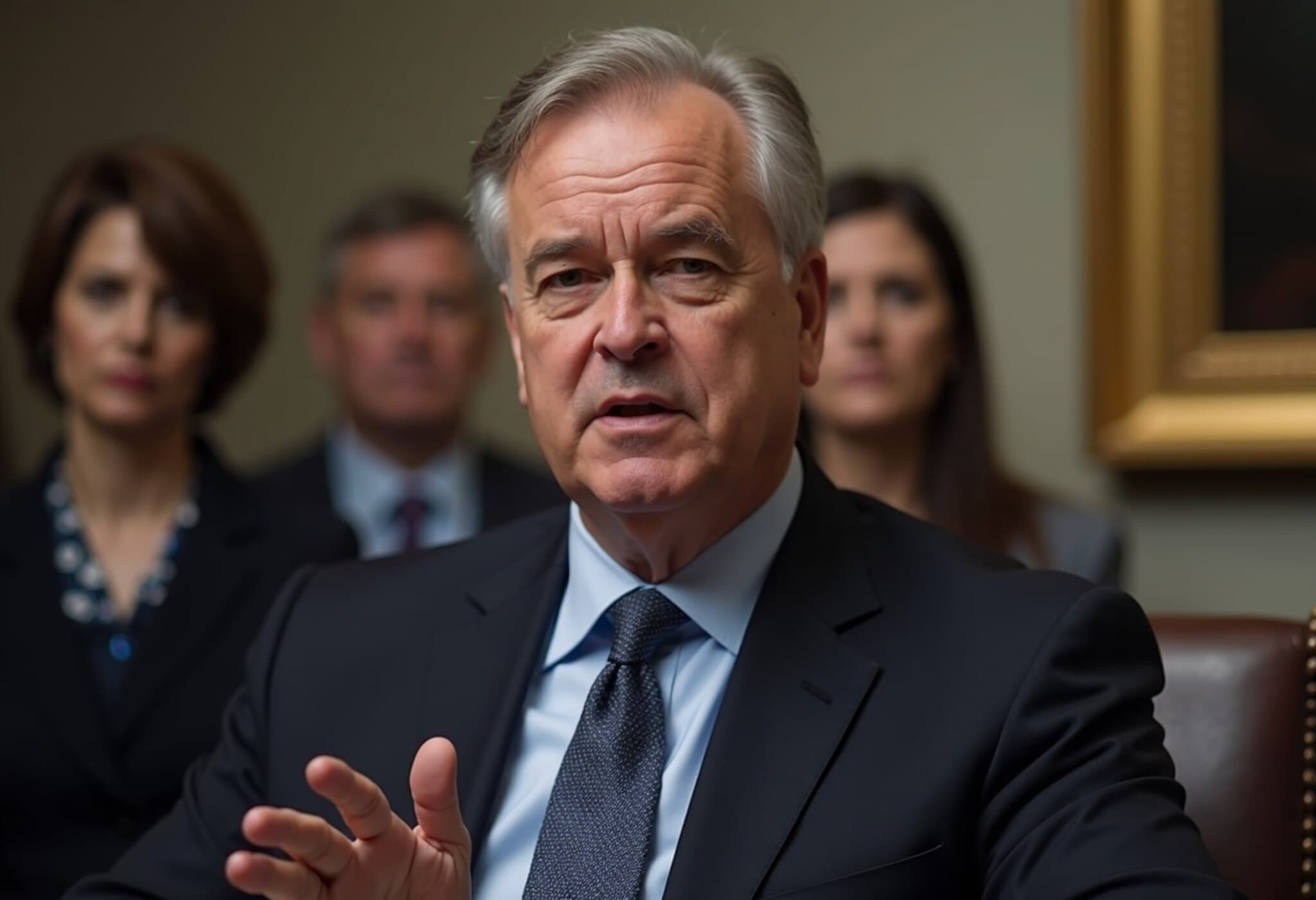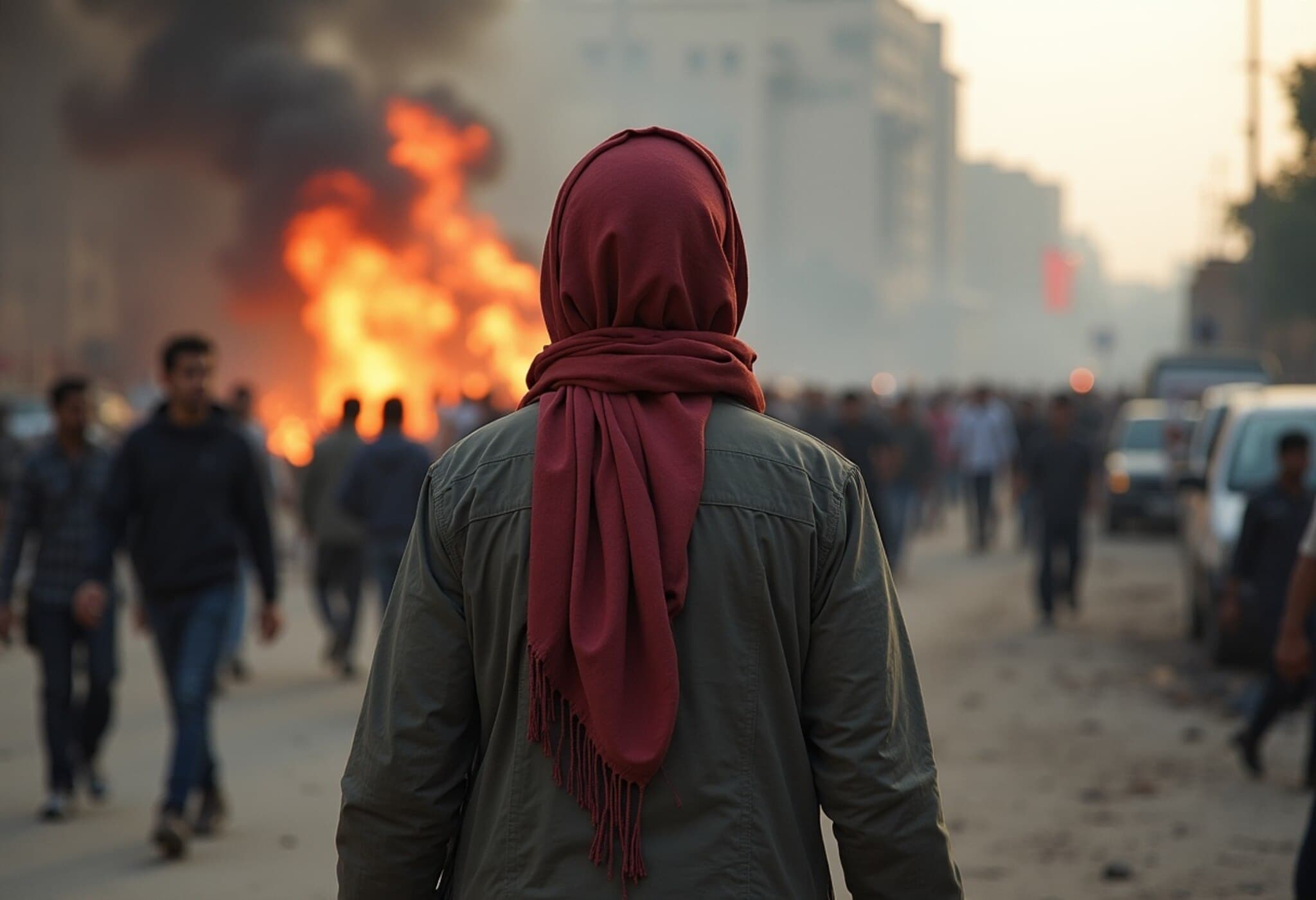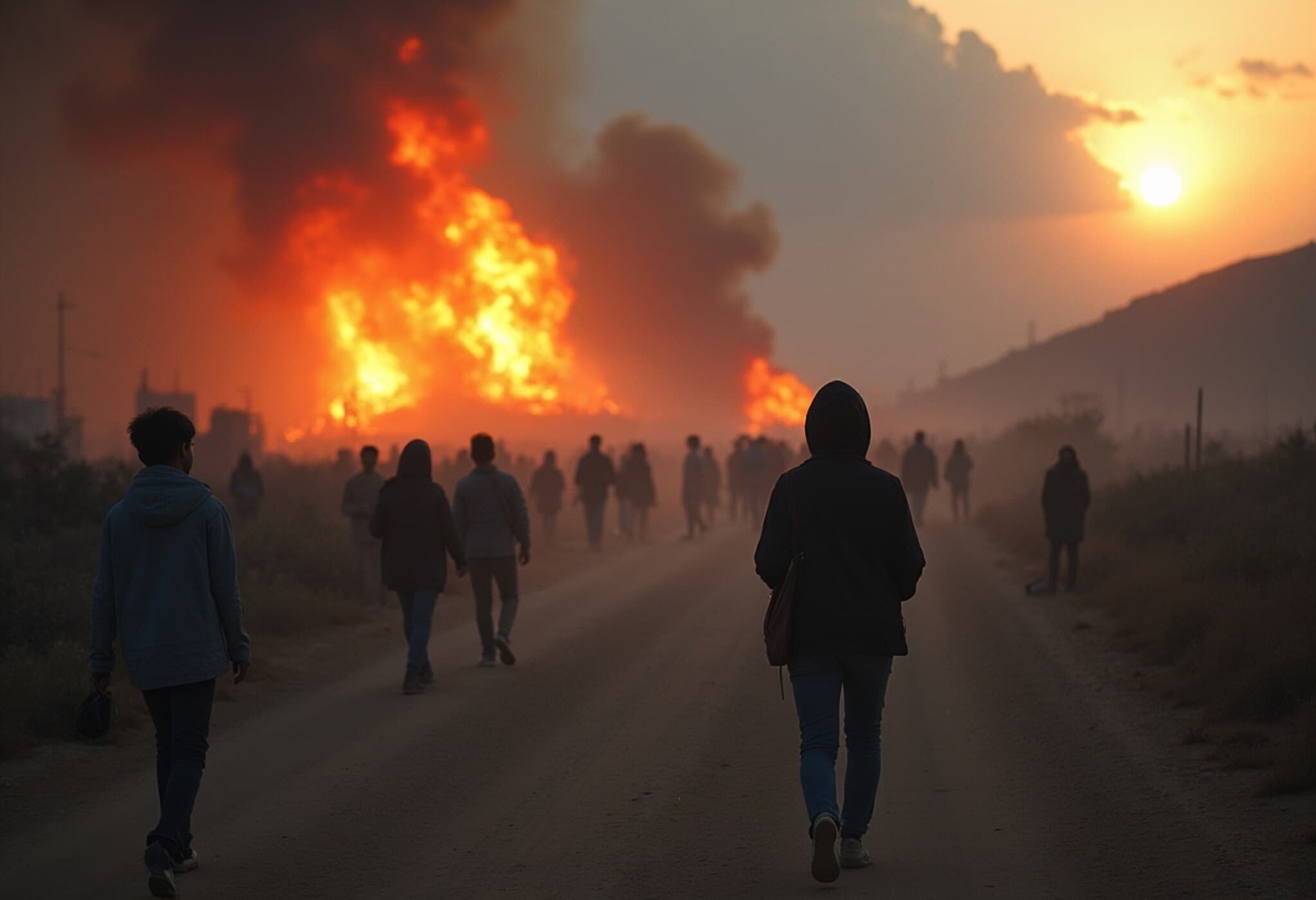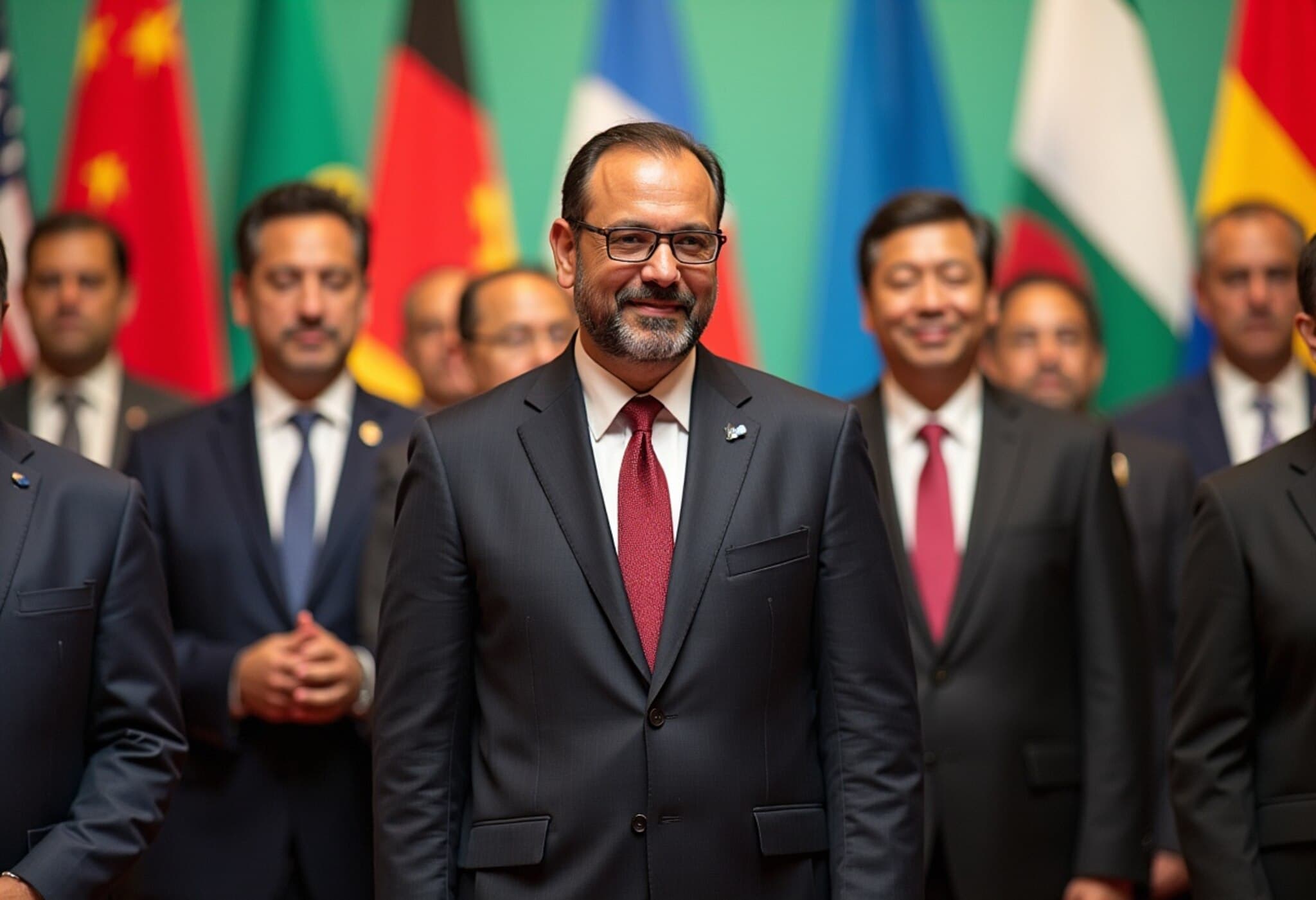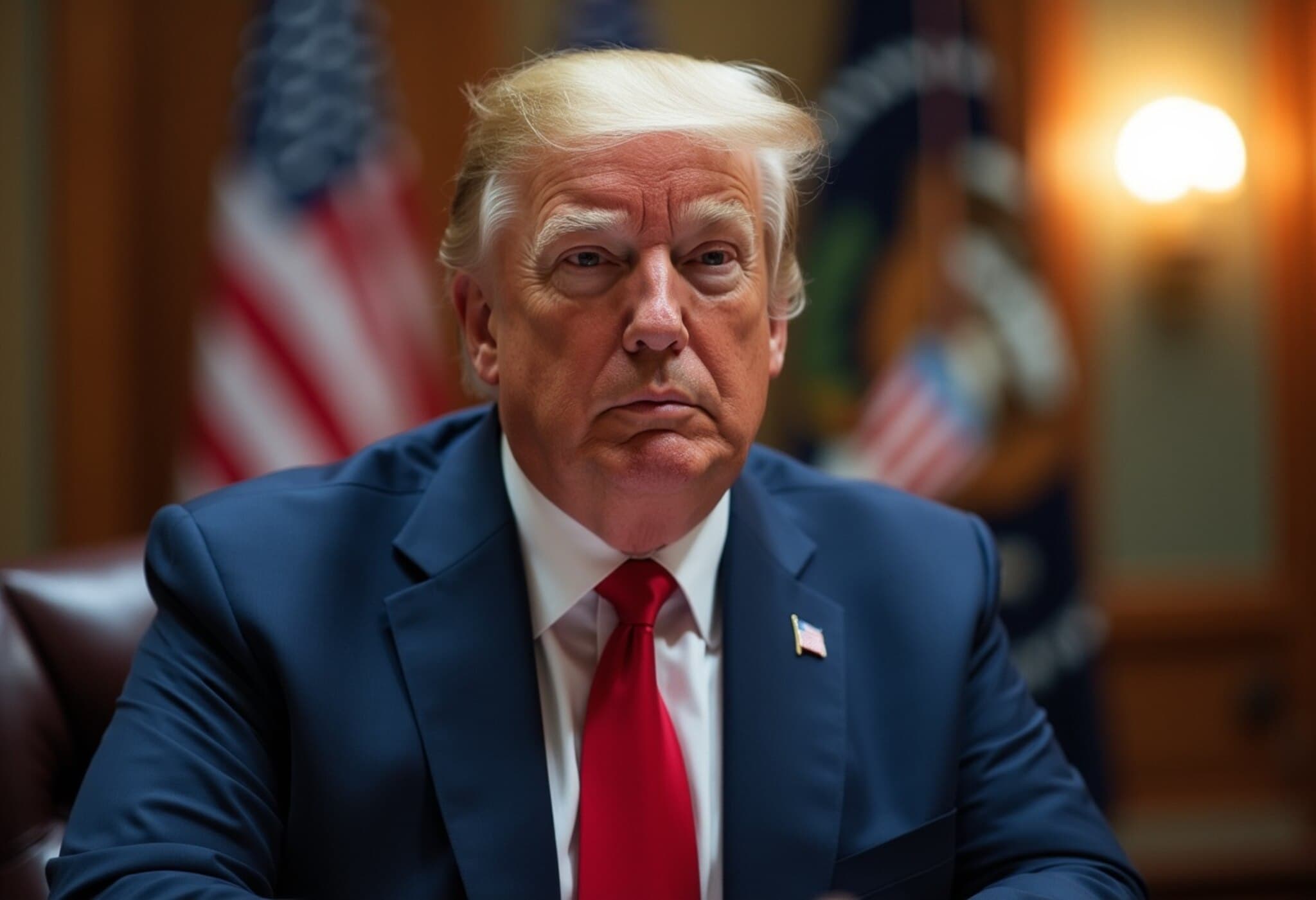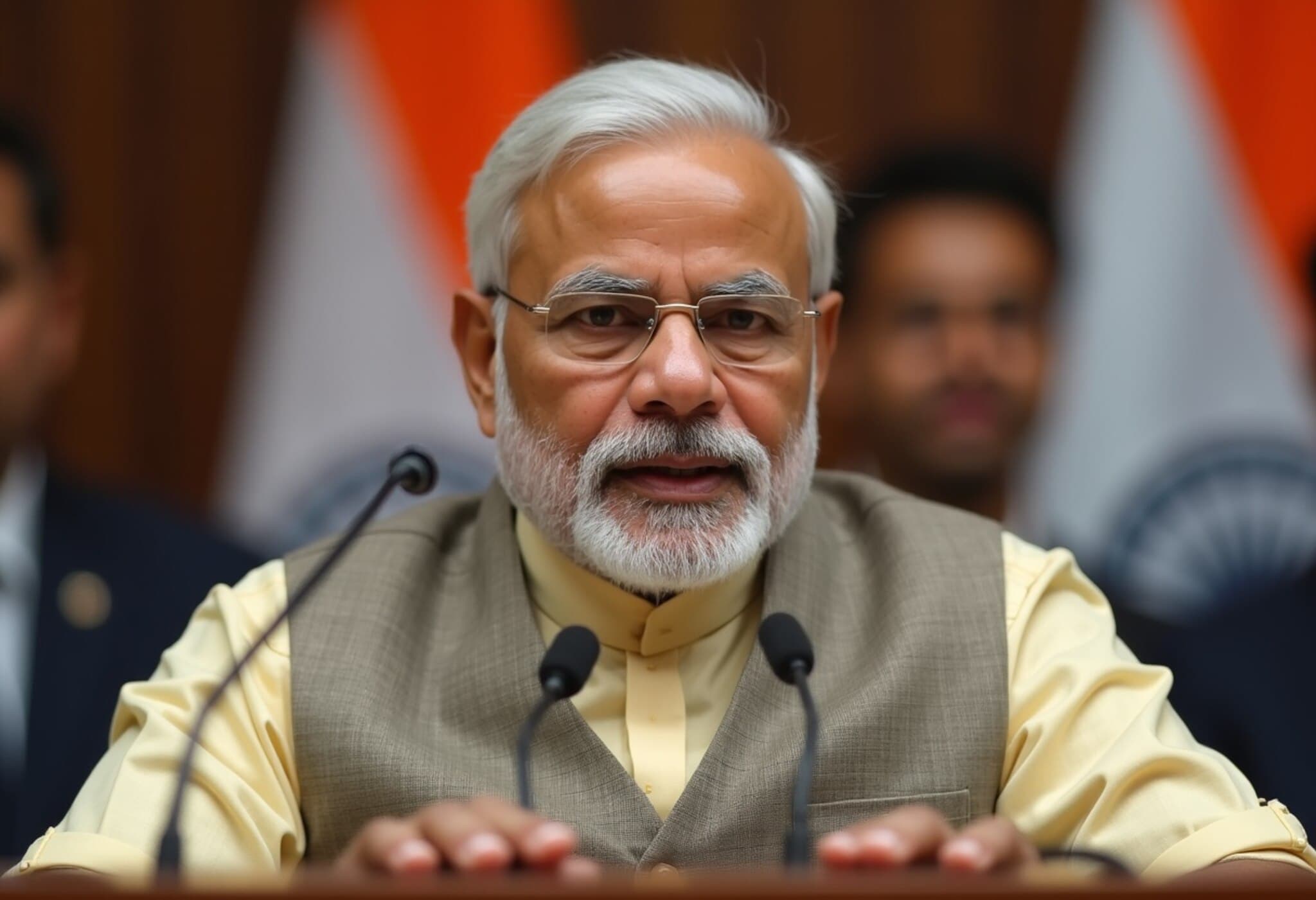BRICS Summit in Rio Calls Out Trump’s Tariffs and Demands Gaza Ceasefire
In a powerful final declaration at their summit in Rio de Janeiro, the 11-member BRICS alliance—including Brazil, Russia, India, China, South Africa, and new members like Iran—expressed serious concerns over the United States’ escalating trade tariffs under former President Donald Trump. The bloc also issued an urgent call for an unconditional ceasefire in the long-standing conflict in Gaza.
Trade Tariffs Threaten Global Economic Stability, BRICS Warns
BRICS leaders criticized what they described as Trump’s “indiscriminate” import tariffs, which they say undermine the global economy and disrupt established supply chains. The declaration specifically highlighted unilateral tariff and non-tariff measures as being inconsistent with World Trade Organization (WTO) rules.
“We voice serious concerns about the rise of unilateral tariff and non-tariff measures which distort trade and are inconsistent with WTO rules,” the statement read. Such policies were labeled illegal, arbitrary, and damaging to global economic stability.
Representing roughly half of the world's population and about 40% of its economic output, BRICS—despite internal differences—showcased unified opposition against protectionist policies they assert destabilize international trade and foster economic uncertainty.
Contextual Insight: What BRICS’ Opposition to Trump’s Tariffs Means
Since Trump’s administration imposed tariffs aimed at reshaping trade relationships, many global economies have felt the repercussions. The BRICS bloc’s stance highlights a growing divide between emerging economies seeking multilateral cooperation and the resurgence of nationalist trade policies.
- Trump’s threat to impose additional tariffs unless new agreements are reached by August 1 escalates geopolitical tensions.
- BRICS’ collective voice raises critical questions about the future of the WTO and the international trade order.
- Emerging economies’ growing influence could reshape global trade governance toward more inclusive approaches.
Gaza Conflict: BRICS Demands Immediate and Unconditional Ceasefire
Beyond economics, BRICS called for urgent humanitarian action amid the devastating 22-month conflict in Gaza. The statement urged all parties involved to engage in good faith negotiations toward an immediate, permanent, and unconditional ceasefire.
The bloc also demanded a full withdrawal of Israeli forces from Gaza and the Occupied Palestinian Territories. This call comes as international diplomatic efforts intensify, with recent negotiations between Israel and Hamas resuming in Doha.
The humanitarian toll is staggering. According to the Hamas-run Gaza health ministry, over 57,000 lives—mostly civilians—have been lost since the conflict flared up in October 2023. The United Nations has validated these figures, underscoring the gravity of the crisis.
BRICS’ Diplomatic Complexity
BRICS’ united stance on Gaza is particularly notable given the bloc’s diverse political landscape. Iran, a key BRICS member, remains a staunch opponent of Israel, while Russia maintains complex diplomatic and economic relations with both Israel and Palestinian authorities. Their joint call reflects growing frustration among emerging powers toward the prolonged conflict and its wider geopolitical consequences.
Meanwhile, Israeli Prime Minister Benjamin Netanyahu is slated to meet with former President Trump at the White House to discuss ceasefire possibilities, signaling potential shifts in diplomatic engagement in the near term.
Looking Ahead: What BRICS’ Positions Signal for Global Affairs
The BRICS summit’s twin focus on global trade tensions and Middle East peace efforts highlights the bloc’s expanding influence in key geopolitical arenas. As these emerging economies chart their own course, their unified demands challenge the dominance of traditional power structures, advocating for a more equitable and peaceful international order.
Critical questions remain: Can BRICS’ economic and political clout effectively counter unilateral trade policies? Will their appeal for peace in Gaza translate into tangible diplomatic breakthroughs? The world watches closely as these dynamics unfold.
Editor’s Note
This landmark BRICS declaration spotlights the complex intersections between global economic policy and humanitarian crises. The group’s collective voice serves both as a critique of protectionist trade measures and a call to conscience regarding one of the world’s most enduring conflicts. Understanding BRICS’ evolving role provides crucial context for policymakers, economists, and citizens alike as they navigate an increasingly multipolar world fraught with challenges and opportunities.

